A. What is open reduction and internal fixation?
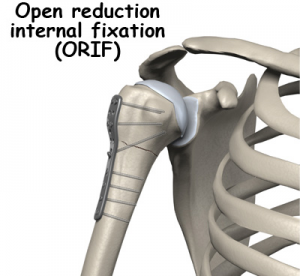
An open reduction and internal fixation (ORIF) is a type of surgery used to fix broken bones. First, the broken bone is reduced or put back into place. Next, an internal fixation device is placed on the bone. This can be done with screws, plates, rods, or pins that are used to hold the broken bone together.
B. Why is it done?
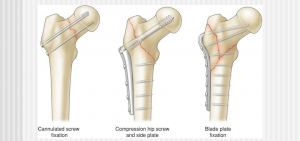
This surgery is done to repair fractures that would not heal correctly with casting or splinting alone.
C. How is it done?
Before the procedure, a detailed physical will be done. Blood tests and imaging studies such as x-rays, CT scan or MRI may also be done. ORIF is usually done under general anaesthesia.
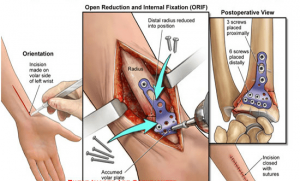
Regional anesthesia may also be used. During the procedure, the doctor will wash your skin with an antiseptic and make an incision. The broken bone will then be put back into place. Next, a plate with screws, a pin, or a rod that goes through the bone will be attached to the bone to hold the broken parts together. The incision will be closed with staples or stitches. A dressing and/or cast will then be applied.
D. Possible complications of ORIF
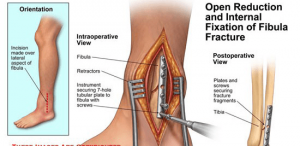
There are minimal risks associated with ORIF. Some of the complications will arise from the general anesthesia. Other possible complications that may occur include infection and bleeding.
E. Risks of not undergoing ORIF

Without ORIF fractures will take longer to heal. ORIF also ensures that fractured bones heal in their natural alignment.
F. What happens after ORIF?
After the procedure, you will be required to stay in the hospital for a few days.
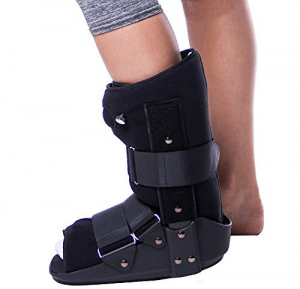
The tubes will then be removed and the incision stitched. Pain will be managed using either oral or injection medication. Antibiotics may be given to prevent infections. You will be shown how to take care of the incision sites so as to prevent infections. Follow up visits and x-rays will be planned so as to monitor the progress of healing.
G. Alternative to ORIF
An alternative to ORIF would be putting a regular external cast to the fractured bone.
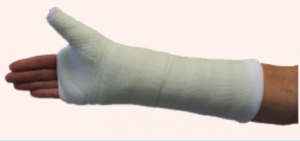
This however will reduce the chances of the bone healing in proper alignment.
H. Consent
It is highly encouraged that you ask any question you may have regarding ORIF. Feel free to ask questions at any time. You may ask questions to any member of the health care team taking care of you. The team may consult one another to give you the best response to your question.
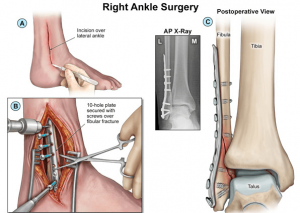
You may request for a second opinion regarding ORIF at any point you would like one. This would not in any way negatively impact the quality of care you receive.
Consent is given to show authorization to undergo ORIF after understanding the need, benefits and risks of the procedure. You can ask and have your questions answered before consenting. Although due professional care will be taken, no guarantee has been made regarding the outcomes.

